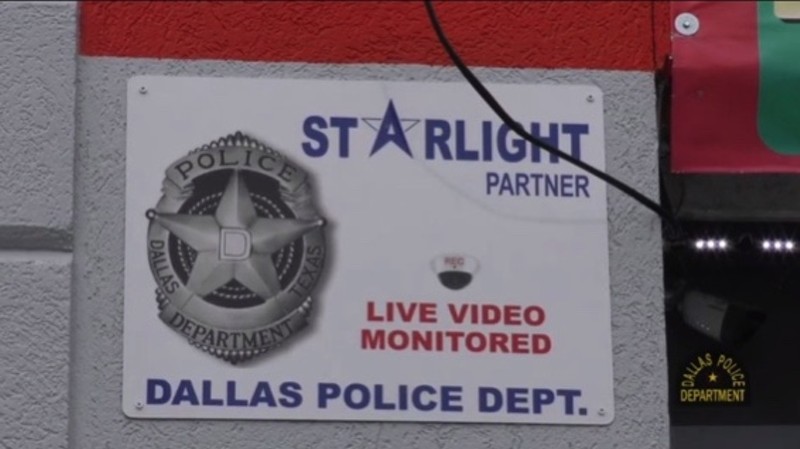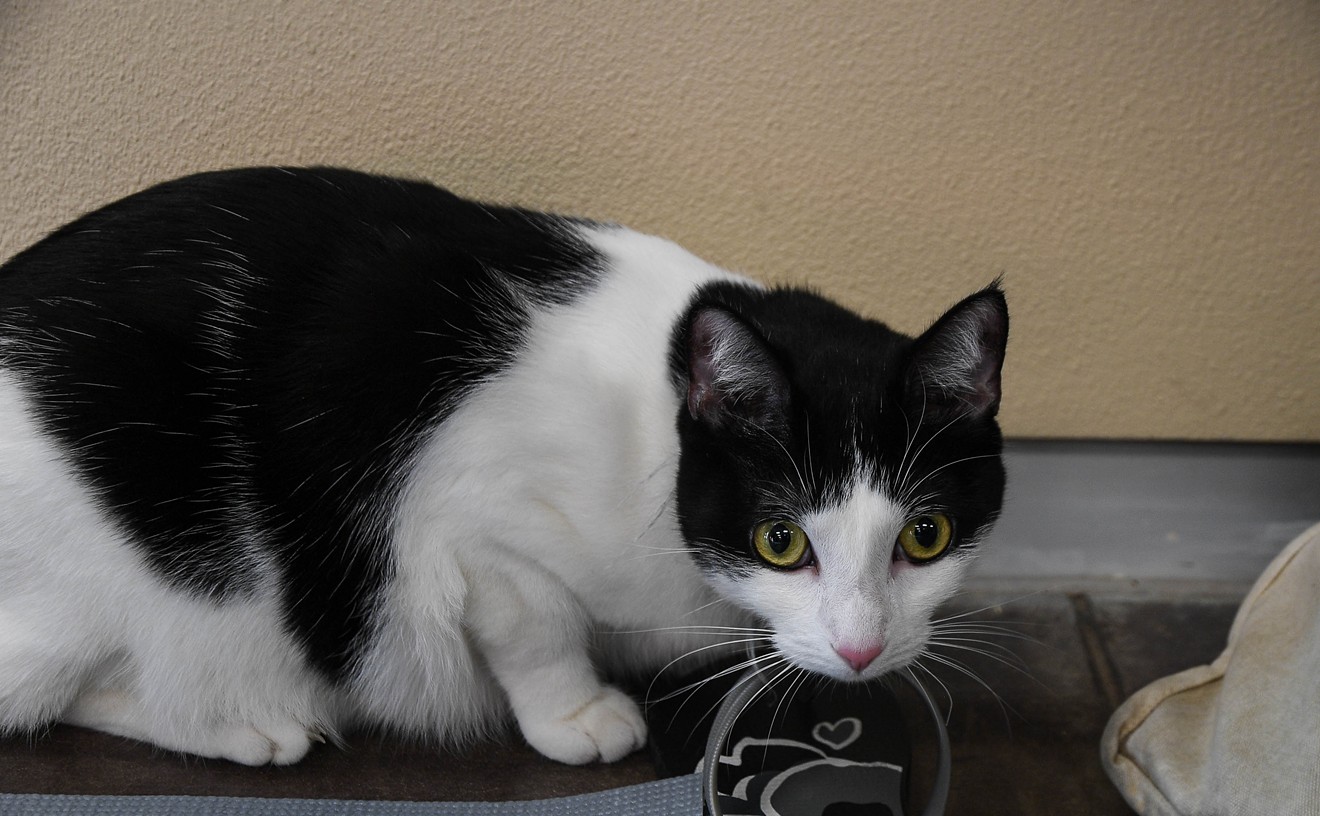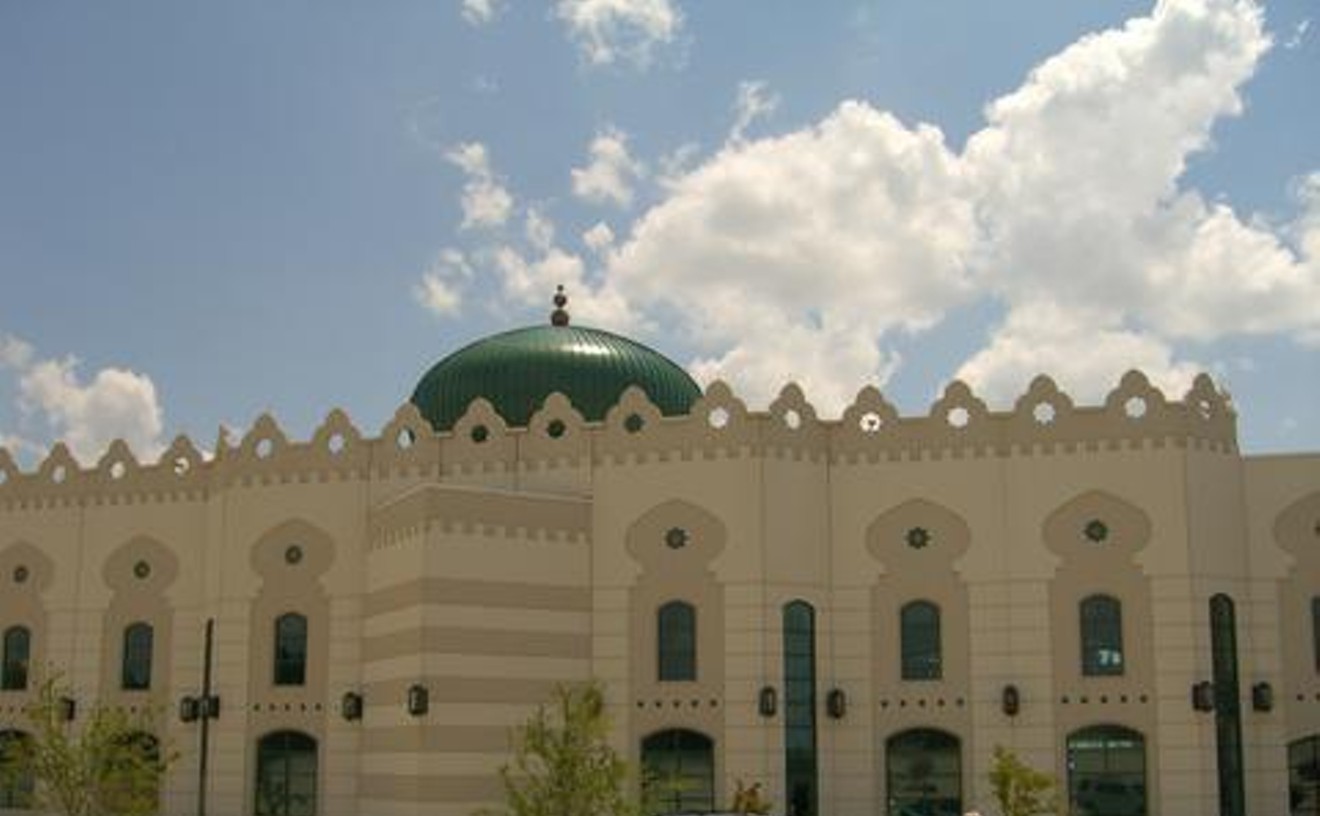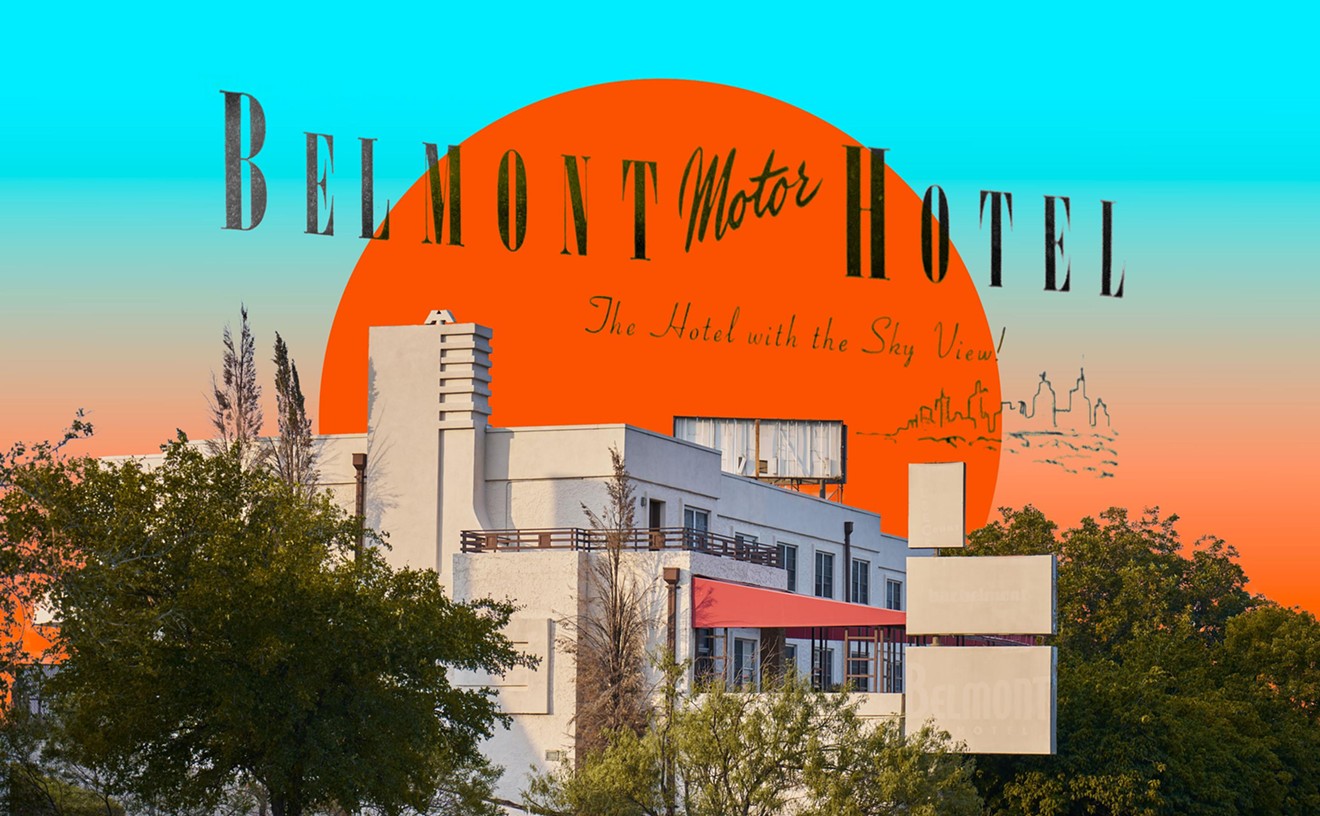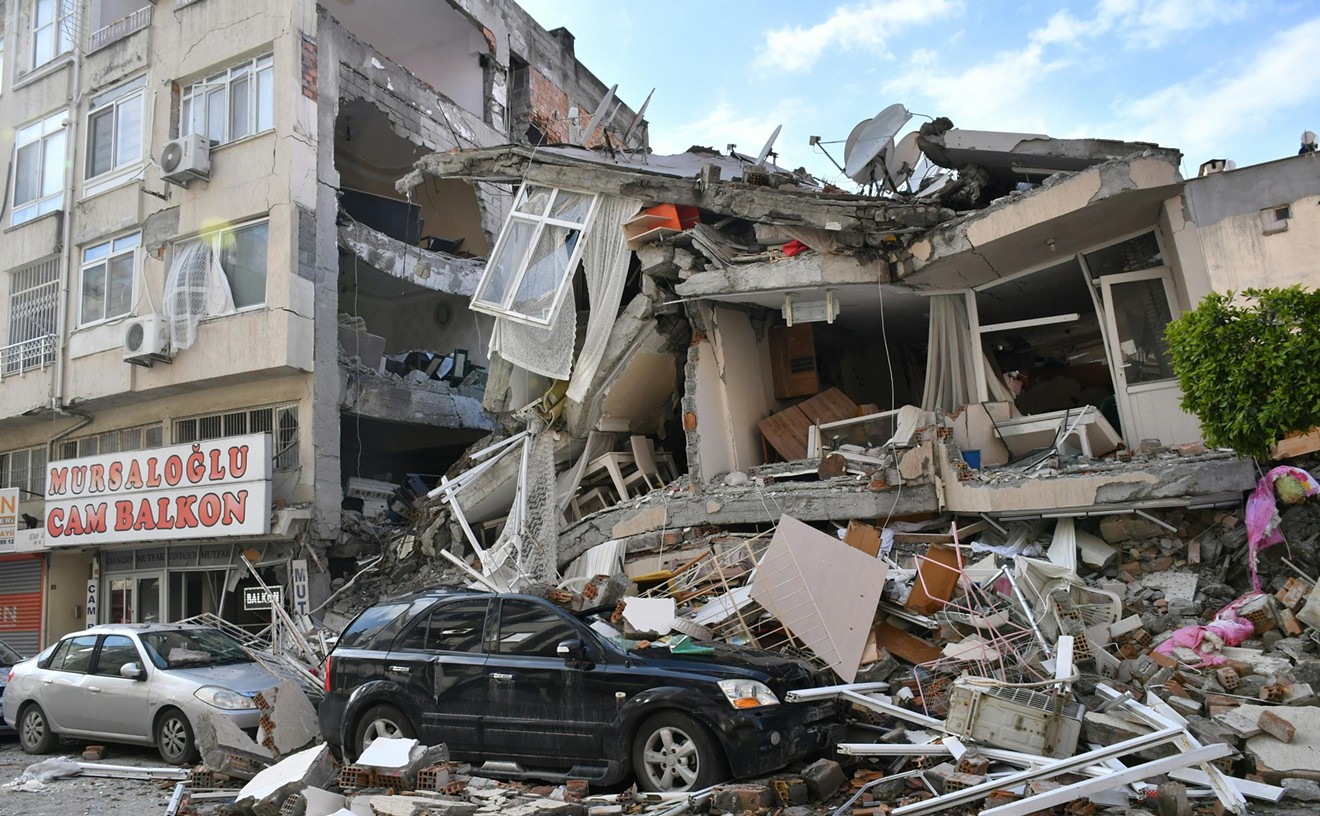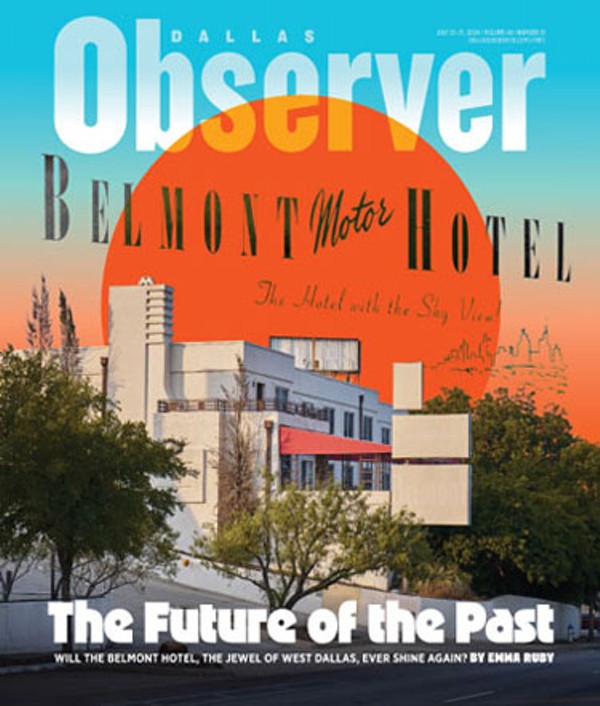The program was so successful in driving down crime in those locations, police claimed, they aimed to equip 20 more businesses with Starlight surveillance equipment over the next year. Critics have condemned the secrecy surrounding the program.
That same day, Motorola, which provided all of the cameras and software used in the pilot, also issued a press release announcing the expansion, claiming a nearly 40% reduction in calls to police had occurred at Starlight’s pilot locations.
But a year later, the program is back at square one. Last November, the Dallas Police Department quietly ended its partnership with Motorola and enlisted a new surveillance technology company called STS 360 to replace it.
“We basically had to trash all the analytics we were using with Motorola and figure out how the new analytics will be integrated with STS 360,” said John Forest, an executive with Safer Dallas Better Dallas, the nonprofit leading the Starlight program in partnership with DPD.
DPD didn't respond to requests for comment.
STS 360 also received a $16.3 million contract in April to build and operate Dallas' Real-Time Crime Center, which will integrate Starlight video feeds with surveillance data from across the city.
As a result, Starlight is in a new pilot phase, which includes four properties in North Dallas: two Chevron gas stations, one at 2944 North Buckner Boulevard and another at 9791 Forest Lane; an EZ Trip convenience store at 9798 Forest Lane, and an American Dollar Plus at 9770 Forest Lane.
Motorola and Safer Dallas parted ways because of consistent incompatibility issues between Motorola’s video analysis software and the internal software used at the Dallas fusion center, Forest explained.
Fusion centers were originally implemented by law enforcement agencies across the country after the Sept. 11 attacks in 2001 to speed up information sharing between federal, state and local law enforcement agencies. The compatibility issues analysts encountered when using Motorola’s software undermined this effort, Forest said.
For example, Starlight video analysis software is supposed to automatically recognize certain movements — a crowd running from the location, or everyone in the store dropping to the floor — caught on tape as signs of a crime in progress and alert police as quickly as possible.“We basically had to trash all the analytics we were using with Motorola and figure out how the new analytics will be integrated with STS 360." - John Forest, Safer Dallas Better Dallas
tweet this
Last year, before DPD switched to STS 360, police rushed to a convenience store following an alert from video analytics indicating a possible violent crime in progress at the store. Multiple people were recorded dashing from the store to their cars, indicating they may have been fleeing a crime in progress. But when they reached the store, police officers realized what was happening: It was pouring rain, and people were running from the store to their cars, trying to stay dry.
Forest said that Safer Dallas Better Dallas and the DPD are working to refine Starlight’s analytics under the new pilot program to avoid similar situations before moving forward with expansion. For now, Starlight equipment is active at only four properties in Dallas.
Expansion is coming soon, though, if DPD Chief Eddie Garcia gets his way. “In March of this year, Chief Garcia challenged Safer Dallas to add Starlight locations in the most critically needed areas,” Forest said.
Freddy Martinez, executive director of digital surveillance watchdog group Lucy Parsons Labs, warned that since Starlight’s private partners enter into agreements with Safer Dallas Better Dallas — not DPD or the city of Dallas — its operations are shielded from public oversight.
“The point of a nonprofit like [Safer Dallas] really is secrecy. It’s to avoid oversight,” Martinez said.

